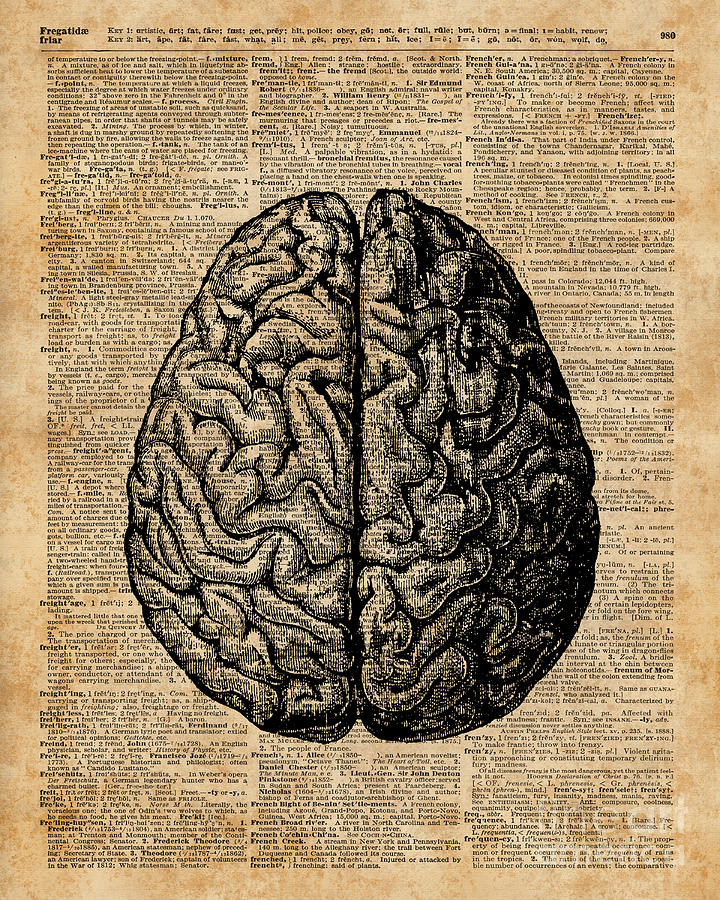 For the compulsive list makers like us in the crowd, you know the power of putting words on paper. Jotting that task down takes it out of our active brain space, freeing our gray matter up to focus on the work at hand. We no longer worry about recall; the printed word remains unalterable whenever we need to check the list.
For the compulsive list makers like us in the crowd, you know the power of putting words on paper. Jotting that task down takes it out of our active brain space, freeing our gray matter up to focus on the work at hand. We no longer worry about recall; the printed word remains unalterable whenever we need to check the list.
So it is with our collective human memory, it seems.
“Before the printing press, memory was the main store of human knowledge, “notes the article “Memory and the Printing Press” in Farnam Street’s blog.
“Scholars had to go to find books, often traveling around from one scriptoria to another. They couldn’t buy books. Individuals did not have libraries. The ability to remember was integral to the social accumulation of knowledge,” the article continues.
What this meant, according to Elizabeth Eisenstein, author of The Printing Press as an Agent of Change, is that things had to be known in a profound and accessible way. This need created a complex system of associating bits of knowledge with other pieces to aid retention and recall. And naturally, the accuracy of the information was only as good as the memory of the people retelling it.
With the advent of the printing press, the entire knowledge industry changed.
“Because they were now repeatable, they became fixed,” the Farnam Street article continues. “No longer individual interpretations designed for memory access, they became part of the collective.”
“After the printing press, memory became less critical to knowledge. And knowledge became more widely dispersed as the reliance on memory being required for interpretation and understanding diminished. And with that, the collective power of the human mind was multiplied.”
From its very inception, print changed the way people collectively share, store and retrieve information. So when we look at the idea of print ever going away, there will have to be a far better and more permanent type of replacement to make that feasible. Digital – with its rapidly outdated media and associated impermanence – doesn’t look to be that contender.
Print rocks.
